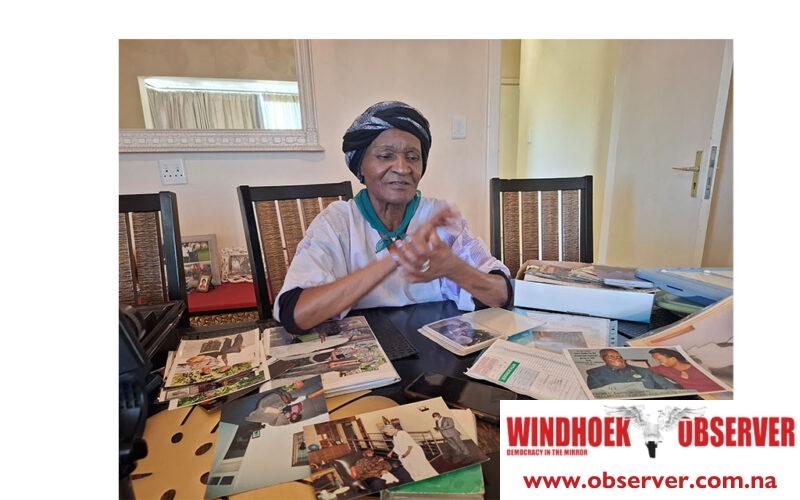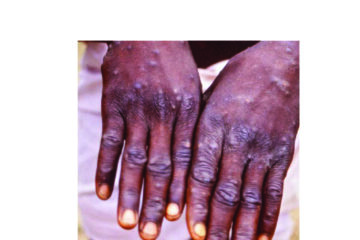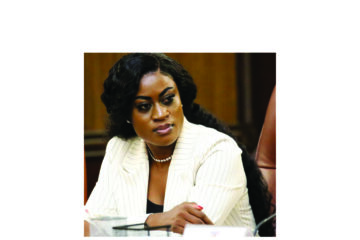Ester Mbathera
In 1999, Catherine Kaunda, the oldest child of Zambia’s founding president, Kenneth Kaunda, became homeless after a High Court ruling declared her father stateless.
This decision affected his children and grandchildren.
Catherine lived in South Africa at the time when the Thabo Mbeki administration offered her only refugee status.
She was eventually given a seven-day ultimatum to leave the country.
“Nujoma was God-sent. My father arranged with Nujoma to take me in. I had no travel documents to come to Namibia. It was all arranged by Uncle Sam. I am now a citizen of Namibia. This is my home,” she said, reviewing her documents.
The Kaundas became homeless partly after President Frederick Chiluba, who succeeded Kaunda in 1991, changed the Zambian constitution in 1996.
The amendment required that both parents of any presidential candidate be Zambian by birth.
Kaunda’s parents were Malawian.
This change, introduced under Chiluba, was widely viewed as a move to prevent former Kaunda from running for office again, as his parents were originally from Malawi.
Reports indicate he had renounced his Malawian citizenship years earlier, during his presidency.
After the court ruling, he was effectively stateless, despite having led Zambia for 27 years.
Upon her arrival in Namibia, a fully furnished flat awaited Catherine and her children in a government property at Ausspannplatz.
“We got air tickets, pocket money, and a house. When we came, Frans Kapofi (then secretary to the cabinet) told us not to bring anything. Anyway, we had nothing because our furniture was auctioned in South Africa,” she said.
She worked as a secretary in the Office of the Prime Minister to support her family, and she later advanced to the position of training officer.
In 2013, the Namibian government also gifted her father, Kenneth, a house as a gesture of support.
Before that, Namibia had assisted him when he was stranded in Austria.
“My father and his bodyguard were wandering the streets of Austria when Ambassador Elia Kaiyamo went to look for him. Kaiyamo was instructed by Uncle Sam to find my father and take him to the Namibian Embassy. At that time, President Chiluba instructed the Zambian Embassy not to receive my dad,” she said.
She mentioned that her father was also hosted for several months at the old State House on Robert Mugabe Avenue.
“He stayed there many times before Uncle Sam moved to Avis,” she added.
The house, situated behind St. George’s Diocesan School in central Windhoek, was eventually given to Catherine by her father, with a clause in the contract that it should never be sold.
The retired Catherine has been living there with her youngest son and grandson.
“Namibia is my home,” she said.
Frans Kapofi, now the Minister of Defence and Veteran Affairs, confirmed Catherine’s account, adding that President Pohamba was also instrumental in securing a house for the Kaundas in Windhoek.
“Namibia had to fight for its own independence, and there were many outside of Namibia who assisted. So we cannot forget that solidarity. We are referred to as a country midwife by the United Nations. It is because of international solidarity that we are who we are. Therefore, we should never hesitate to support those in need if we can,” said Kapofi.




